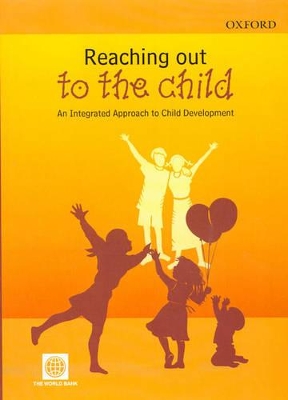The future of India rests in the well-being of her children-across income group, geographical location, gender, and community. Ensuring that every child grows up in an environment conducive to her development is important for the country's overall progress and advancement. The report argues for an integrated and life cycle approach to child development and basic education of children. It finds that while India has in the last few decades made considerable progress in ensuring child survival and basic education, there is much that remains to be done. The report illustrates using quantitative and qualitative data that such major indices of the Indian child's development as maternal mortality, birthweight, immunization, nutrition level, and basic education, as also existing policy interventions for the child, compare unfavourably with other developing countries. In this context, the report develops a conceptual framework for integrated child developing using case studies on the s ta tus of children in India. It links the optimum delivery of services with an analysis of public expenditure on elementary education.
It takes a holistic and multi-sectoral approach to child development focusing on the 'total child', in the real life context of family, community, and existing social systems. The report also prescribes specific guidelines to operationalize an integrated approach for ensuring the successful completion of universal primary education-the best indicator of all-round development of the Indian child. Conceptualized and written by eminent early childhood development experts in consultation with noted Indian professionals, this report is essential for social scientists, scholars and researchers in the field of child development and childhood studies, educationists, policy-planners, and activists.
- ISBN10 0195673328
- ISBN13 9780195673326
- Publish Date 1 December 2004
- Publish Status Active
- Out of Print 3 June 2015
- Publish Country IN
- Imprint OUP India
- Format Paperback
- Pages 160
- Language English
